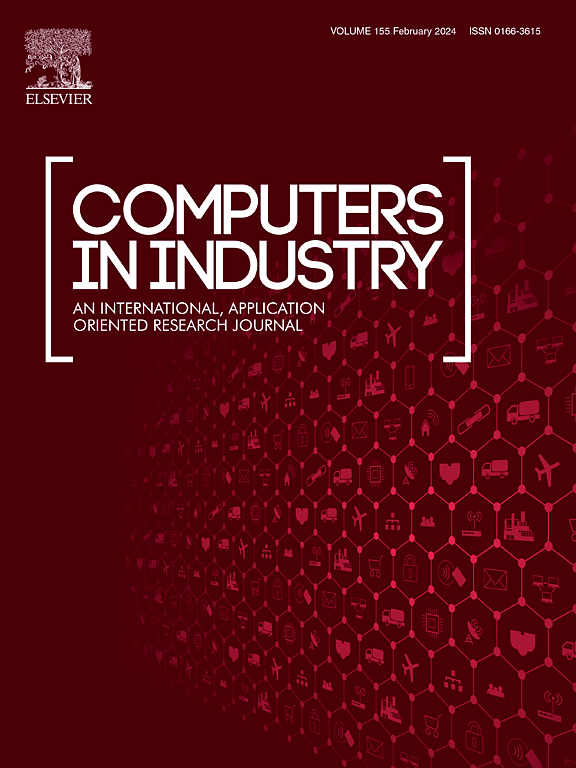Meta-task interpolation-based data augmentation for imbalanced health status recognition of complex equipment
IF 9.1
1区 计算机科学
Q1 COMPUTER SCIENCE, INTERDISCIPLINARY APPLICATIONS
引用次数: 0
Abstract
In the research of health status detection technology for complex equipment such as liquid rocket engines, the extreme working environment hinders the widespread conduct of fault experimental simulations, leading to data scarcity and imbalance. Consequently, the performance of intelligent models deteriorates rapidly with direct training. To address this issue, this paper proposes a meta-task feature space interpolation network model. Firstly, the model uses an encoder to map randomly selected task pairs to a more discriminative feature space, and then interpolates corresponding features and labels within this latent feature space to generate additional tasks, increasing the distribution density of tasks and alleviating the problem of insufficient training tasks. Furthermore, the model leverages self-distillation to improve the learning of label information. By integrating soft labels with supervised labels, it captures the hidden category information of newly interpolated tasks, thereby reducing the impact of class imbalance on model performance. The effectiveness of the proposed method is validated through a series of experiments conducted across three different scenarios. The results demonstrate that the proposed method achieves an average accuracy of 97.91% on the turbopump bearing dataset, which is a significant improvement over the comparative methods.
基于元任务插值的复杂设备不平衡健康状态识别数据增强
在液体火箭发动机等复杂设备的健康状态检测技术研究中,极端的工作环境阻碍了故障实验模拟的广泛开展,导致数据稀缺和不平衡。因此,直接训练会导致智能模型的性能迅速下降。为了解决这一问题,本文提出了一种元任务特征空间插值网络模型。该模型首先使用编码器将随机选择的任务对映射到更具判别性的特征空间,然后在该潜在特征空间内插值相应的特征和标签生成额外的任务,从而增加任务的分布密度,缓解训练任务不足的问题。此外,该模型利用自蒸馏来改进标签信息的学习。通过将软标签与监督标签相结合,捕获新插入任务的隐藏类别信息,从而减少类不平衡对模型性能的影响。通过在三种不同场景下进行的一系列实验,验证了所提出方法的有效性。结果表明,该方法在涡轮泵轴承数据集上的平均准确率达到97.91%,与其他对比方法相比有显著提高。
本文章由计算机程序翻译,如有差异,请以英文原文为准。
求助全文
约1分钟内获得全文
求助全文
来源期刊

Computers in Industry
工程技术-计算机:跨学科应用
CiteScore
18.90
自引率
8.00%
发文量
152
审稿时长
22 days
期刊介绍:
The objective of Computers in Industry is to present original, high-quality, application-oriented research papers that:
• Illuminate emerging trends and possibilities in the utilization of Information and Communication Technology in industry;
• Establish connections or integrations across various technology domains within the expansive realm of computer applications for industry;
• Foster connections or integrations across diverse application areas of ICT in industry.
 求助内容:
求助内容: 应助结果提醒方式:
应助结果提醒方式:


